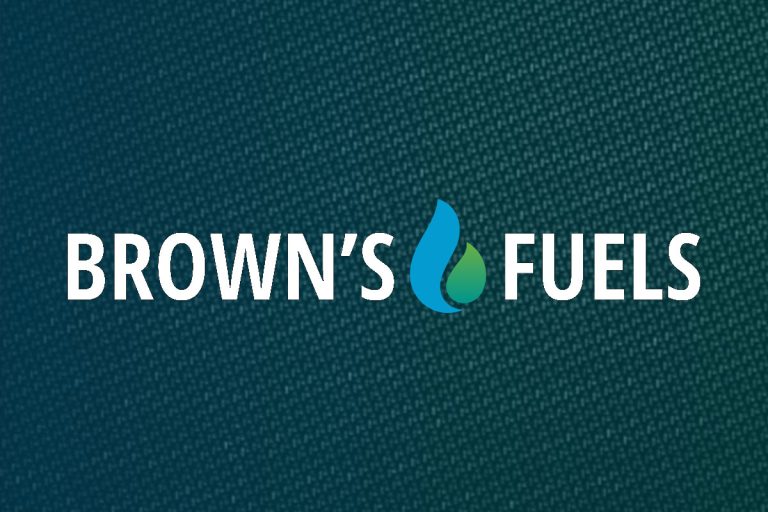Fuel is one of the most expensive components of maintaining a truck fleet. The price of operating vehicles that burn a lot of gasoline or diesel may quickly add up. As a result, it’s critical to strive to keep these expenditures as low as possible by reducing your fuel use. How can you reduce your fleet’s fuel use when gasoline prices are on the rise?
Continue reading to learn more about our suggestions.
Driving Habits
Certain driving habits or behaviors might increase fuel consumption, so make sure you and your fellow fleet drivers are aware of the best practices for improving fuel efficiency. Slowing down and not accelerating too quickly, as well as idling and forceful braking, are all examples of this. The more the driver’s control over the vehicle, the easier it will be to drive efficiently.
Reducing Workload
While the majority of the cargo on your trucks is necessary, there may be some goods that aren’t. Sort through all of the stuff in your vehicles to see if they are truly necessary. Getting rid of excess weight might help you save a lot of money on fuel. Remove items that aren’t required for each journey and just reload them when they are required.
Maintain a constant tire pressure.
Increased fuel consumption can be caused by damaged or underinflated tires. Under-inflation of 20% increases rolling resistance by 2.5 %, resulting in a 2.5% increase in fuel consumption. As a result, it’s significant that you inspect your fleet’s tires on a regular basis, not just for fuel efficiency, but also for safety and longevity.
Better Route Planning
If your travels aren’t well-planned, you’ll most likely wind yourself driving more kilometers and using more fuel. Make sure that each travel is meticulously planned so that you and your driver take the most efficient route possible to save money.
Fleet managers will be unable to take tangible actions to minimize fuel expenses unless they know how much time their drivers spend idling and which drivers spend the most time idling. Installing monitoring technologies in fleet vehicles allows fleet managers to track not just idle hours, but also other factors that lead to fuel waste, such as inefficient route planning and load planning.
Fuel Supply
To guarantee that their assets are functioning as they should, fleet managers should be aware of the particular fuel economies of each of their cars. If a vehicle’s fuel economy appears to be higher than it should be, it might suggest a potential maintenance or driving behavior issue that can be quickly resolved before any long-term consequences of inefficiency.
Another crucial step in lowering fuel costs is to make sure you know precisely where and when your money is going at the gas station. Fuel cards are a great method to keep track of each driver’s gas expenses, but if you store and utilize the data appropriately, they can also be a powerful tool for preventing waste and theft.
A One-Stop Shop for All Your Needs
Although many merchants offer oil products, not all can supply a comprehensive range of petroleum goods under one roof. Choose a fuel provider that can supply you with onsite delivery of diesel, oils, and other essential supplies for your operations to continue running smoothly and successfully each day for simple and cost-effective solutions.
For trucking fleets, construction heavy equipment, and landscaping vehicles, Brown’s Fuels provides on-site delivery. On-Site Refueling lets you make the most of your operational hours, whether you have a single piece of equipment or a big fleet.
Call us immediately at 1-888-542-7799 for more information.


